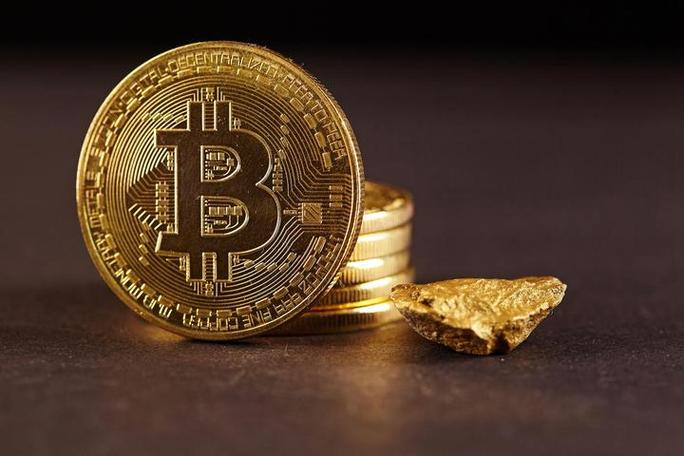
Estimated Gas Fee ETH: A Comprehensive Guide
Understanding the concept of estimated gas fee in Ethereum (ETH) is crucial for anyone looking to engage in decentralized finance or participate in the blockchain ecosystem. Gas fees are the transaction fees paid to miners for processing transactions on the Ethereum network. In this article, we will delve into the intricacies of estimated gas fees, their calculation, and how they impact your Ethereum transactions.
What is Gas Fee in Ethereum?
Gas fee is a measure of the computational work required to execute a transaction on the Ethereum network. It is denoted in Ether (ETH) and is used to incentivize miners to process transactions. Each transaction on the Ethereum network consumes a certain amount of gas, and the gas fee is calculated based on the gas price and the amount of gas used.

How is Gas Fee Calculated?
The gas fee is calculated by multiplying the gas price by the amount of gas used. The gas price is determined by the market demand and supply, and it can fluctuate significantly. The amount of gas used depends on the complexity of the transaction. Here’s a breakdown of the factors that influence the gas fee:
| Factor | Description |
|---|---|
| Transaction Type | Simple transactions, such as sending ETH, require less gas than complex transactions, such as executing smart contracts. |
| Transaction Complexity | Complex transactions, such as those involving multiple operations or interactions with smart contracts, consume more gas. |
| Network Congestion | During peak times, when the network is congested, the gas price tends to increase due to high demand for miner’s attention. |
Understanding these factors can help you estimate the gas fee for your transactions and plan accordingly.
How to Estimate Gas Fee for Your Transactions?
Estimating the gas fee for your Ethereum transactions is essential to avoid unexpected costs. Here are some steps to help you estimate the gas fee:
-
Check the current gas price: You can find the current gas price by visiting popular Ethereum block explorers like Etherscan or Blockchair.

-
Estimate the gas limit: The gas limit is the maximum amount of gas your transaction can consume. For simple transactions, you can use the default gas limit provided by your wallet. For complex transactions, you may need to adjust the gas limit based on the transaction’s complexity.
-
Calculate the gas fee: Multiply the gas price by the gas limit to get the estimated gas fee.
Remember that the estimated gas fee may change before your transaction is confirmed, especially during times of high network congestion.
Impact of Gas Fee on Ethereum Transactions
The gas fee has a significant impact on Ethereum transactions. Here are some of the key impacts:
-
Transaction Confirmation Time: Higher gas fees can lead to faster transaction confirmation times, as miners prioritize transactions with higher fees.
-
Transaction Cost: The gas fee directly affects the cost of your transaction. Higher gas fees mean higher transaction costs.
-
Accessibility: High gas fees can make it difficult for new users or those with limited funds to participate in the Ethereum ecosystem.
Understanding the impact of gas fees can help you make informed decisions when engaging in Ethereum transactions.
Best Practices for Managing Gas Fees
Here are some best practices to help you manage gas fees effectively:
-
Monitor Gas Prices: Keep an eye on the gas prices and adjust your transaction settings accordingly.
-
Use Gas Price Estimators: Utilize gas price estimators to get an idea of the current gas prices and plan your transactions accordingly.
-
Optimize Transactions: Simplify your transactions and reduce the gas limit to minimize the gas fee.
-
Use Layer 2 Solutions: Consider using layer 2 solutions like Optimism or Arbitrum to reduce gas fees and improve transaction speeds.
By following these best practices, you can ensure a smooth and cost-effective experience when engaging in Ethereum transactions



